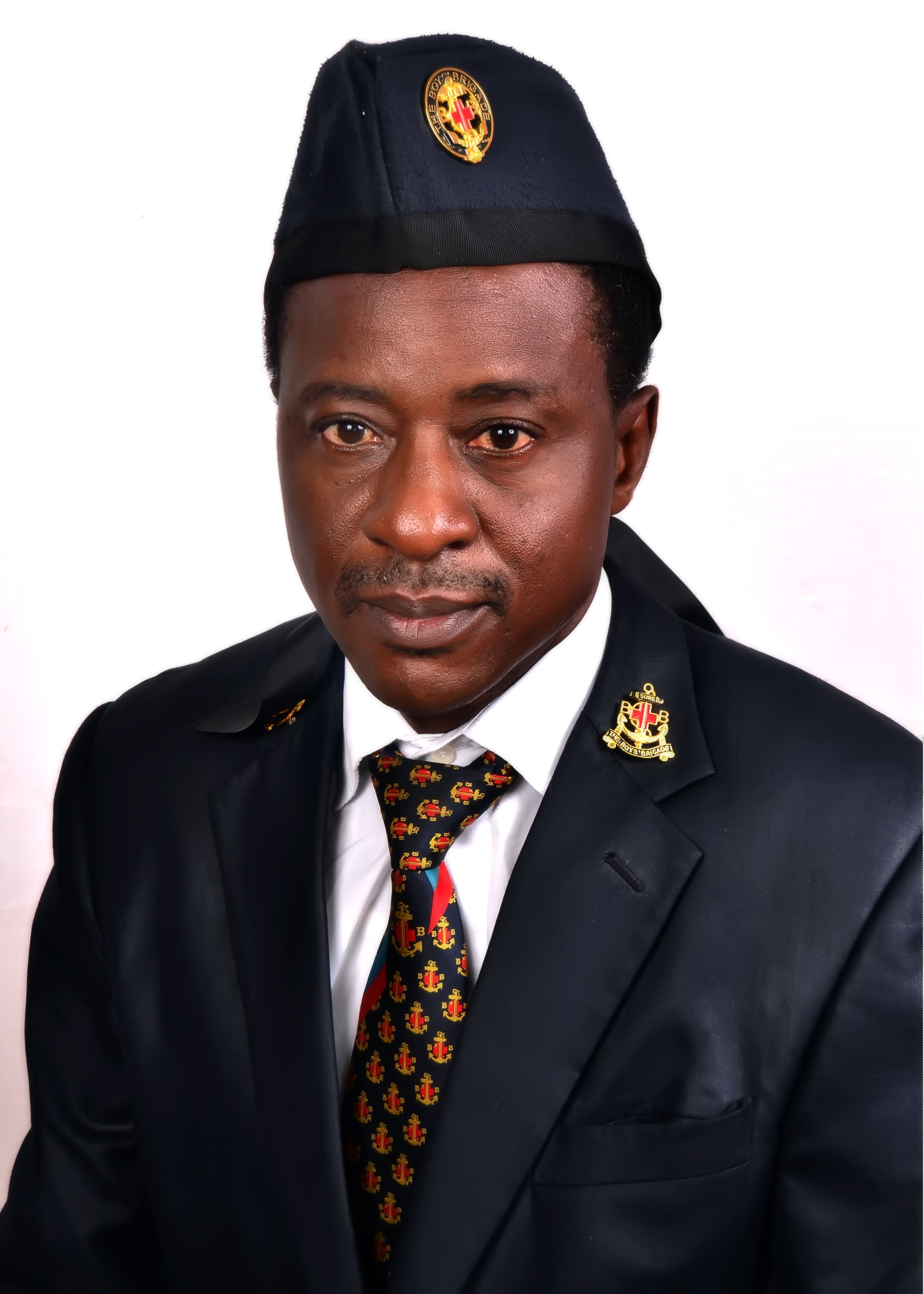
- Teacher: Oluwatosin Okusanya
What is Personality?
Introduction
I was always bothered by a question that why people are different in so many ways? People are different for example; many people are loud and aggressive, while some of the people are just the opposite of them i.e. calm and chilled. Many people tend to be quiet and passive, while some people are active and want to lead from the front in every part of life. Some people are shy, timid, some are peaceful and some are full of anger and rage.
Defining Personality: There is a very common misconception among us about what we mean by personality. By personality, we do not mean that:
1. A person is tall, broad with blue eyes, or
2. A person who always talk with a pleasant and gentle smile on his face, or
3. If he is chivalrous or not, or
4. He is got a positive attitude towards life and to the problems he faces, or
5. If he or she is one of the most hot and desired celebrity of the Nollywood.
This definition is quite comprehensive and one of the most frequently used definition. Personality is a sum total of all the different ways in which a person reacts and interacts with others, or the sum total of who you are- your attitudes and reactions both physical and emotional. It is what makes each person different from every other person in the world.
Coming to a more technical aspect, we may find the definition of personality that is given by Gordon Allport, quite interesting, comprehensive and useful at the same time. He defined personality as: “the dynamic organization within the individual of those psychophysical systems that determine his unique adjustments to his environment.”
Personality also refers to the relatively enduring characteristics that differentiate one person from another and that lead people to act in a consistent and predictable manner, both in different situations and over extended periods of time. Personality is defined as: the enduring or lasting patterns of behaviour and thought (across time and situation).
From another perspective, Personality is what makes a person a unique person, and it is recognizable soon after birth. A child's personality has several components: temperament, environment, and character. Temperament is the set of genetically determined traits that determine the child's approach to the world and how the child learns about the world.
The concept of personality is very broad in scope. The study of personality involves all facets of human behaviour and it encompasses aspects of developmental, social, experimental, physiological and clinical psychology. Personality is the projection of us to others. It is not what we think ourselves to be like, but ourselves as others see us.
- Teacher: Toyobo Oluwole
- Teacher: Modupe Oba-Adenuga